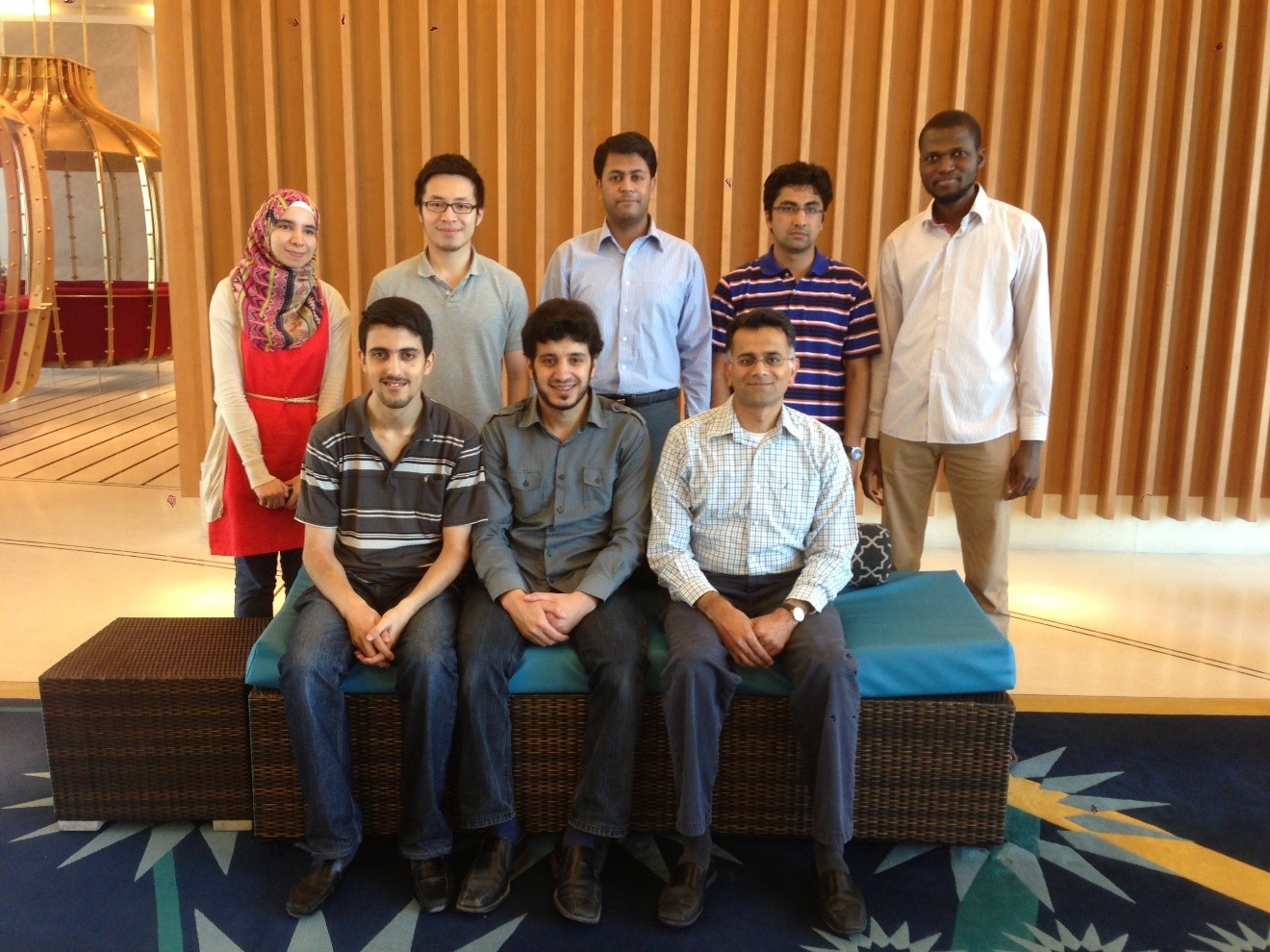
KING FAISAL FOUNDATION SCHOLARSHIP OPENING DOORS OF OPPORTUNITY
Dr. Ayman Shabra
After completing my undergraduate studies at King Fahd University of Petroleum and Minerals (KFUPM) I worked as a technician at Aramco, maintaining and repairing telecommunication equipment in the field. While the work was challenging and I enjoyed being in the company with my colleagues, I decided to apply to graduate school.
I was fortunate to get admitted to some good engineering schools. However, I did not have a way to get me there. If it wasn’t for the King Faisal Foundation scholarship, none of the work I have done over the past 25 years would have been possible. To that, I owe an immense measure of gratitude.
The 2-year scholarship was the only way that got me to study at Massachusetts Institute of Technology (MIT). My research advisor, Prof. Harry Lee, hired me as a research assistant, which helped me complete my Ph.D.
As crucial as this turning point was for me, I must acknowledge my parents’ role throughout my life. I lived in a nurturing home with an abundance of books and love.

INSPIRING FIGURE
There was a remarkable educator who nurtured me at KFUPM; Professor Muhammad Taher Abuelma’atti, who introduced me – as an undergraduate – to research in electronics. He left an indelible mark on me and many others through his remarkable personality and dedication. He taught me how to be a dedicated craftsman.
THE FUTURE
As for the future, I think that engineering will continue to be done as an enterprise. Unlike the common conception of the genius working alone in the lab changing the world, most consequential work is accomplished by thousands of engineers working in collaboration. I hope I can continue to be part of such an enterprise while working on technologies that will have a positive impact and reach everyone in the world.
CHALLENGES
There are many challenges in my journey, but I will name here the knowledge deluge, which is daunting and continuously growing. I can’t keep up with all the knowledge produced in my sub-field, and I must necessarily neglect many works based on crude and deficient criteria. A related challenge is the difficulty in identifying good ideas promptly. Some of the best ideas in engineering and science take many years to be fully appreciated.
I personally like Steven Johnson’s final comment at the end of his 2010 TED talk, “chance favors the connected mind.” It is an idea he develops in his book “Where Good Ideas Come From” and is based on research done by Kevin Dunbar. The research shows that creativity flourishes in an environment where people can connect and share ideas freely.

BEST INVENTION
Economists use the term General Purpose Technology, or GPT, to identify a very small class of inventions that have had an extraordinary and far-reaching impact on the economy and society.
Mobile phones can be considered in this small group, and the speed of their influence on the world has been remarkable. For example, a 10% increase in mobile phone penetration is known to result in a 1% increase in the gross domestic product (GDP). Also, Mobile phones are like other GPTs, such as computing, artificial intelligence, and the internet; they have reached the most marginalized people globally. They have been – indeed – a unique engine for democratizing technology which was achieved through a continuous cost reduction.
In the past year, as the COVID-19 pandemic spread, mobile phones played a role in remote learning for children and easing social distancing and contact tracing protocols. As such, I would nominate the mobile phone as the best invention. Admittedly, I’m biased since I have been fortunate to have spent much of the past 20 years designing circuits for mobile phones.
What is exciting is that the story of mobile technology is not over yet. Hopefully, in the coming decade we will see a greater impact with 5G, especially in parts of the world where there is little existing infrastructure. My hope is that it will be the pathway to high-quality universal basic education and perhaps health care around the world. Having said this, I should add technology will never be a panacea, but hopefully, it will be one of the tools we use to build a better world.